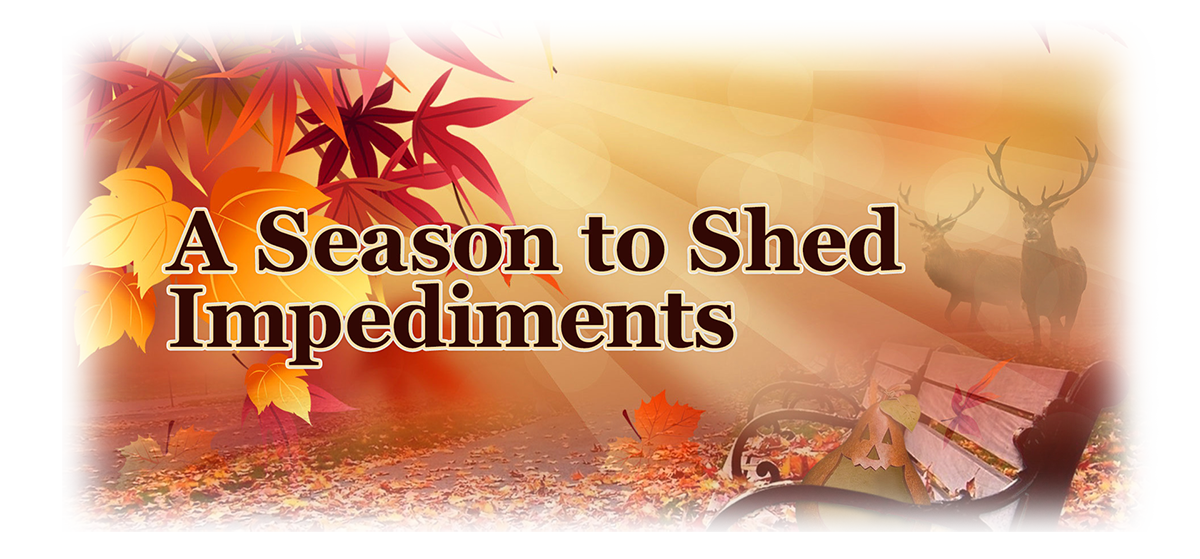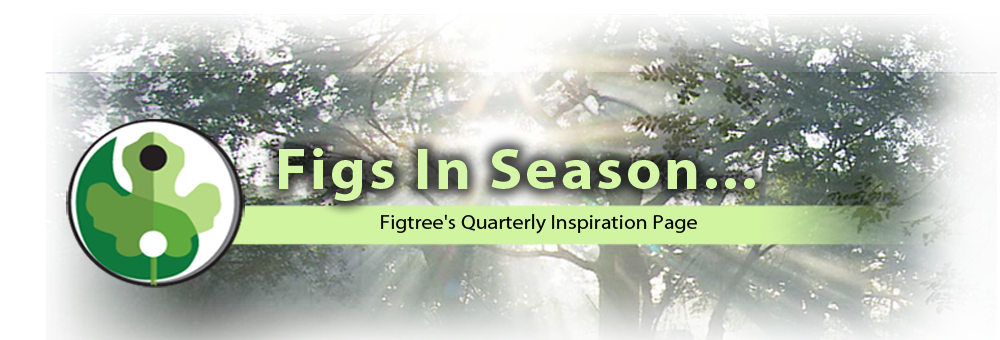
Codependency is defined by mental health professionals as –”An emotional and behavioral condition that affects an individual’s ability to have a healthy, mutually satisfying relationship. It is also known as “relationship addiction” because people with codependency often form or maintain relationships that are one-sided, emotionally destructive, and/or abusive.”
Parasites… they are an unmistakable reality of the ecology of our lives. A parasite is an organism that lives in or on another organism, its host, and benefits by deriving nutrients at that host’s expense. They present as insects, and plants, … and as persons.
There comes a time in our lives – a season if you will – when we must, in order to survive and maximize our potentials, rid ourselves of those influences that are in fact impediments in our journey to our best selves. To that end it becomes necessary to realistically evaluate the factors in and around us that impact our lives – and that our lives impact – with a view to detaching from them where they have proven to be detrimental to our own growth and the growth of others.
On an intellectual level the deliberative act suggested here seems to be a no brainer. It makes all the sense in the world to separate ourselves from things and from persons that would jeopardize our safety, and the integrity of our being. In fact though, this is more easily said than done. Removing and destroying a tick or a fungus is one thing; separating ourselves from habits and persons that have become a part of our natural habitat is quite another.
We look around us and it is easy to see the organisms that attach themselves to the vegetation in our immediate environment. If we till the ground, or if we raise livestock, or if we have pets; the task of ridding our gardens and our animals of these parasites becomes obvious and necessary. There are fungi that attach themselves to plants and infuse them with destructive toxins. Ticks maim and degrade the animals they sink their tentacles into. As human beings we should educate ourselves and our loved ones about the threat that pathologies such as Lyme Disease pose to our health and well-being. The presence of head lice, which feed on human blood, is a scare that threatens the social viability of homes and larger institutions.
When we come to know the dangers posed by the organisms noted above, we are able to dispassionately dispatch them with practices and treatments that remove the threats they pose. Good enough. But what about those threats that look like us? What about the real human threats to our physical and emotional integrity that live and move and have their being in our daily lives? Well… let’s just say the task of ridding ourselves of them is a much less dispassionate one. Truthfully speaking, this task can be so downright difficult, and the consequences so traumatic, that we defer necessary action in this regard indefinitely.
Non-human parasites are dependent for their existence on the organisms to which they attach themselves. On the other hand, the human sources of dysfunction in our lives exist in a kind of crass symbiosis with us that makes it difficult for many to identify them for the essential threat they represent. Instead of the unilateral dependency expressed in the relationship between a tick and its host; the human parasite in many instances is facilitated by a more complex interrelationship. The nature and extent of this complexity varies from relationship to relationship… from individual to individual; and is informed by the degree of neediness in each instance.
The word used to describe what I have called this crass symbiosis is codependency. Codependency is defined by mental health professionals as – “an emotional and behavioral condition that affects an individual’s ability to have a healthy, mutually satisfying relationship. It is also known as “relationship addiction” because people with codependency often form or maintain relationships that are one-sided, emotionally destructive, and/or abusive.” Based on the evidence, I believe that it is not an exaggeration to remove all qualifiers and state that such relationships are destructive… period.
One can rid one’s self of ticks or lice and recover one’s health. You can rid a plant of the fungus that stunts its growth, and it will return to great health and productivity. The end of a co-dependent relationship on the other hand, can result in disastrous consequences for everyone involved in such relationships. Furthermore, the damage that can result is in certain instances not limited to those directly involved in these relationships; but is expressed in the collateral hurt/damage visited on those in close proximity to the intended target of the aggrieved. Getting rid of head lice is a very exact science that has little or no collateral carnage. Not so with a person with whom one has established a pathologically dysfunctional relationship.
Let us agree that relationships characterized by bilateral and unilateral dependencies are dangerous to the health and wellbeing of all those involved in such relationships. These pathological attachments have their reasons for being in dynamics that range from emotional to economic neediness. Codependent relationships in many cases have their reason for being in a corrupted power dynamic in which control of other persons for whatever reason, is an expressed objective of those involved. Whether we facilitate and cultivate the dependence of others on us, or whether others attach themselves to us for reasons of convenience; the resulting dysfunction is just as deleterious.
A tragic consequence of such relationships is that persons end up in situations where they might feel they can’t do without the other, or where the other feels that if they can’t “have” the object of their attachment no one else should. Both of these circumstances engender tragedies that play out in the social environment everyday. The husband or boyfriend kills the partner and children. The mother or wife poisons the former mate and murders the girlfriend. The many variations of these tragic dysfunctions play out in front of us almost daily.
As inconvenient as it may be, there comes a time when in the interest of the common good, and for our own sakes, we should evaluate our various relationships in an effort to identify and take remedial action regarding the dysfunctions in and around us. Our very lives may depend on that inconvenient analysis. At the very least, the possibilities of our growth and development beckon us to discover the truth about the deficiencies that ultimately undermine our own well-being, the wellbeing of others – and our very lives.
One Love!
R. A. G.
Roy Alexander Graham
President/CEO, FIGTREE ENTERPRISES, INC.
Copyright 2017 Figtree Enterprises, Inc.

